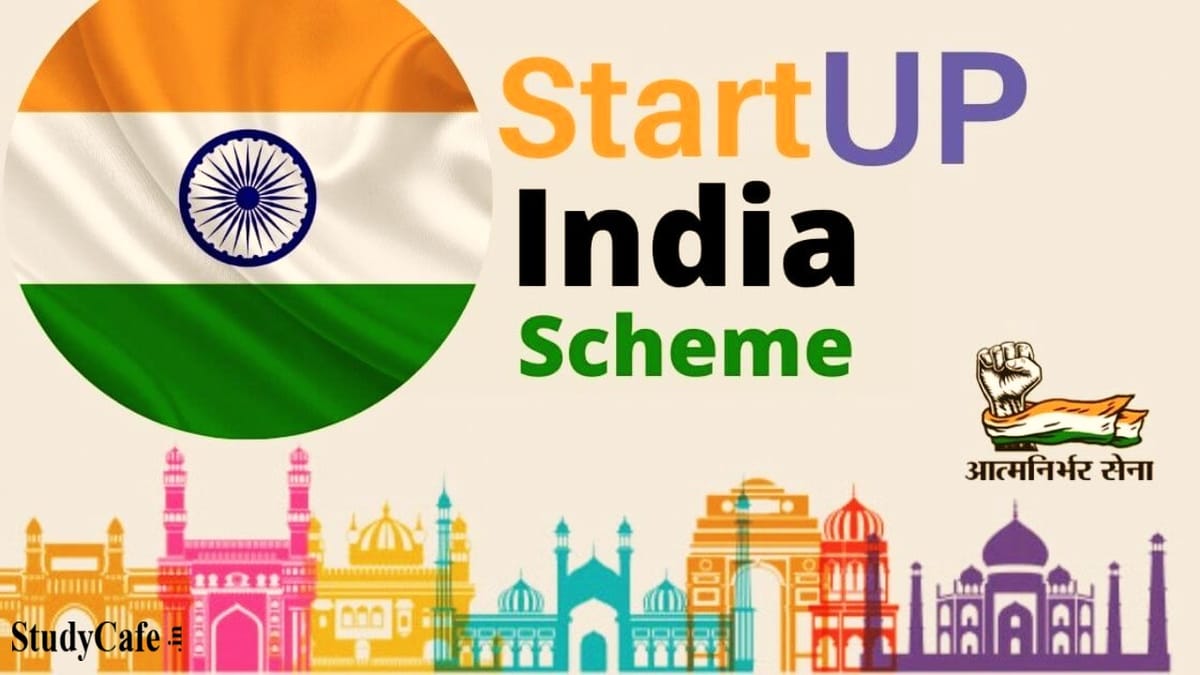Everything You Need to Know About Startup India Scheme
Deepshikha | Feb 24, 2022 |

Everything You Need to Know About Startup India Scheme
Startups are becoming increasingly popular in India. The Startup India Scheme was developed and pushed by the Indian government, led by Prime Minister Narendra Modi, to recognize and encourage firms to boost the Indian economy and recruit creative entrepreneurs.
Startup India is the government of India’s flagship initiative, to foster a vibrant environment for the country’s innovation and startups. This will result in long-term economic growth and the creation of vast numbers of jobs. The government expects that this programme would enable companies to grow through innovation and design.
To close the gap and form alliances with startups. Startup India collaborates with several businesses and government agencies. Any sector or department can solve its business problems by co-creating programmes and challenges on the Startup India portal. Corporations and departments have a unique opportunity to scout for the best technology for defined problem statements and priority sectors/areas through such innovation challenges. The purpose of these startups is to incentivize businesses through market access, monetary rewards, incubation/acceleration, mentorship, and other ways.
A startup is a brand-new company that is just getting off the ground. This category now includes any new business. There are, nevertheless, substantial differences between a startup and a small business.
A startup’s main goal is to grow and develop quickly. A technology-oriented company with great growth potential is referred to as a “startup,” as opposed to a venture that is just getting off the ground.
Furthermore, the entity must be recognized by the DIPP for the Startup India scheme. A startup, according to the Department of Industrial Policy and Promotion, is a company that meets the following criteria:
The government has established an INR 10,000 crore corpus fund, which is administered by SIDBI, to provide equity financial support for the formation and growth of innovation-driven businesses. The Fund is set up as a Fund of Funds, with the government contributing to the capital of SEBI-registered Venture Funds that invest twice as much in companies. SIDBI > Venture Capitals > Government > Startups is the flow of cash.
The Ministry of Corporate Affairs has designated startups as ‘quick track firms,’ allowing them to close their doors in 90 days rather than the 180 days required by regular businesses. An insolvency specialist will be appointed for the Startup within six months of making an application in this regard and will be responsible for liquidating the company’s assets and paying its creditors.
The Startup India Scheme gives entrepreneurs access to high-quality intellectual property services and tools to assist them to become more aware of and embrace IPRs, as well as protect and commercialize them.
In case of any Doubt regarding Membership you can mail us at contact@studycafe.in
Join Studycafe's WhatsApp Group or Telegram Channel for Latest Updates on Government Job, Sarkari Naukri, Private Jobs, Income Tax, GST, Companies Act, Judgements and CA, CS, ICWA, and MUCH MORE!"